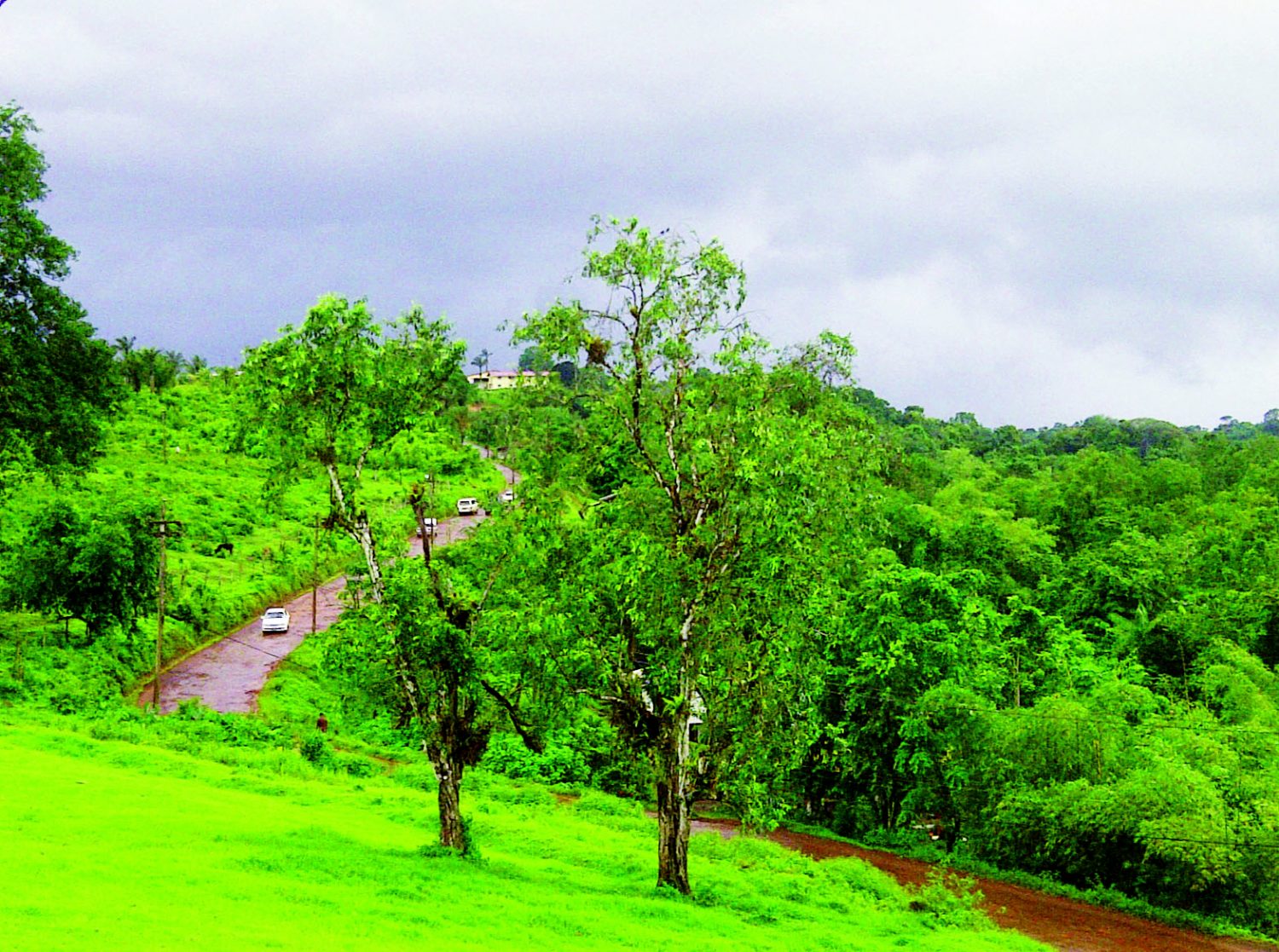When the sun2live project, a solar farm to be built in Mabaruma, is completed, the new town will have access to some 1,808 kWh of renewable energy per day.
The energy supplier will be constructed by the meeco Group, which is under contract to the Ministry of Public Infra-structure (MPI).
The company made the announcement on its website and explained that its project falls in line with the Government of Guyana’s transition towards 100% renewable energy by 2025. The project, which was birthed as the Hinterland Electrification Company Inc. (HEIC), falls under the MPI and is aimed at reducing the electricity access woes that remote areas of the country currently endure, while reducing their dependence on costly and high polluting diesel generators.
Mabaruma will be the first area to benefit from this approach since the meeco Group was awarded a contract to design, supply and install a 400 kWp (kilowatt peak) system, which will be executed by the group and its local joint venture partner, oursun Guyana.
The project had been announced when the 2017 national budget was presented to the National Assembly at the end of last year. No timetable has been given for its completion.
The project will see the installation of a 400 kWp ground-mounted solar solution system, along with batteries which will have a capacity to store 400 kWh.
“Upon completion, the small remote community in the very north of the country can rely on 1,808 kWh of reliable renewable energy per day,” the company said, while pointing out that when the project starts running at full steam, diesel generators will be minimised drastically, and some 21,000 litres of fuel will be saved on a monthly basis.
“Especially for isolated off-grid regions such as Mabaruma, solar energy represents a cost-effective alternative source of power that at the same time contributes to addressing the rising challenges of climate change,” the company added.
Because of the remote location of the community, the project will require accurate and customized planning, particularly with the delivery of materials.
“Due to the remote location of the site, we will have to overcome some logistical challenges, as we will not be able to arrange transport by air or cargo ships as usual, but had to choose smaller containers and boats,” Chief Technical Officer Thomas Beindorf was quoted as saying.
In addition to the logistical issues, the project will require advanced engineering, as after the installation of the sun2live system, it will be connected to the existing distribution grid, and the voltage and power of the solar solution and batteries will have to be synchronized with the local electricity network.
“We are looking forward to realising this challenging project, and thereby contribute to establishing a reliable renewable energy supply in Mabaruma,” Beindorf also said.
While the Mabaruma project will be the largest the company has undertaken in the country, it has already equipped State House with a sun2roof installation, and is equipping 57 government buildings with sun2roof solar rooftop equipment.
“For the implementation of these different projects, experienced meeco staff has trained local teams of electricians and other workers as part of strategic capacity building. Through the further accomplishment of clean energy solutions and measures of local capacity building, we aim to actively support the country in reaching its green energy goals in a sustainable way,” it added.





